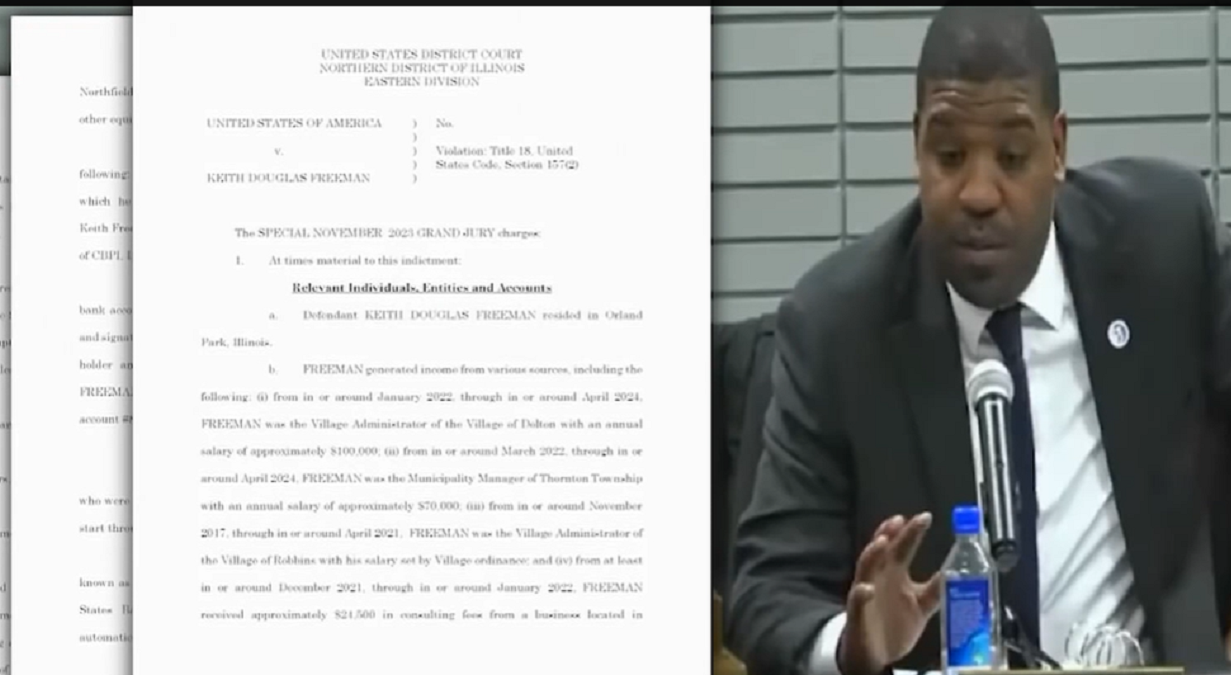Erin Huff's recollection that she never questioned what she'd do in life was confirmed recently when she found a paper from her early school days noting her desire to become a “teecher.”
But a late-summer vacancy at Waverly Elementary School forced the third-year instructor to transform — with just a week before start of classes — into a kindergarten teacher for the first time, a big difference from the third- and fourth-grade curricula she was used to.
More than half of her students are considered affected by trauma, defined as any of a number of domestic disturbances, from violence to homelessness, that significantly and adversely impact learning. Her driving motivation — teaching children — occupies about one-quarter of her work hours. The rest is devoted to juggling seemingly endless emails, professional development, parents and classroom prep. All for a salary that averages $45,149 in Waverly, 230 miles southwest of Chicago.
It's small wonder there's a rampant teacher shortage in Illinois and across the nation. Increasing public school enrollments, declining numbers in teacher-education programs, low pay, stress and burnout are creating an environment in which Illinois is short 1,800 teachers now, a gap that experts predict will grow to 20,000 in five years. It could be 10 times that nationally, according to the Economic Policy Institute.
“The money is definitely discouragement, and even when you're student teaching, you don't get the real picture 'til you're in it,” said Huff, 24, who has a master's degree. “That's the big point: Even with my passion for teaching and how much I love it — breathe it — I've questioned whether this is the right field for me because this year has been a little bit of a struggle."
Huff has backup. She is a Golden Apple Scholar, a teacher recruited by the Chicago-based nonprofit's program that extensively prepares teachers and provides financial assistance during undergraduate training in exchange for the scholar's promise to teach five years in a “school of need,” one with high poverty rates or funding shortfalls. Golden Apple steeled Huff for classroom realities and provides mentors to its young teachers who are most susceptible to leaving the profession because they feel isolated and lacking in support.
Now Golden Apple is speeding up the process. The traditional program signs up high school seniors and young college students. But $750,000 was added to the state's education budget last spring, creating Golden Apple Accelerators, aimed at getting newly minted teachers to answer the school bell in the space of a year. It targets undergraduates not currently on the education track and professionals considering career changes who have bachelor's degrees in areas that would help them fill high-need areas such as special education, bilingual education and STEM courses, or science, technology, engineering and math.
Local
“The Scholars program is great, but we need help now,” Golden Apple Foundation president Alan Mather said. “When we recruit high school seniors and college freshmen, that's six years before seeing them in a classroom, at best.”
The program, accepting applications until Feb. 20, will give 50 Accelerators candidates $30,000 stipends and place them in one-year residency programs, where they teach in participating high-teacher-vacancy schools under a mentor's watch. They supplement on-the-job training with college coursework (Blackburn College in Carlinville and Eastern Illinois University in Charleston are in the program) toward earning a teacher's license in 15 months. In exchange, they commit to teach at a school of need for another four years. With expansion planned in the out years, the Accelerators goal is 2,000 teachers — 10% of the estimated number necessary — by 2025.
Similar programs are cropping up elsewhere. In Congress, Sen. Doug Jones last month introduced legislation to provide public school districts with competitive grants to develop “grow your own” programs like Accelerators. The Democrat's home state of Alabama last spring approved a 4% raise in teachers' salaries to help fill a teacher deficit of 1,700 and growing. That pushed Alabama teachers' starting pay over $40,000, a minimum set in separate Illinois legislation that Democratic Gov. J.B. Pritzker signed in August in another attempt to stem the shortfall.
Schools participating in Accelerators are in southern, central and western Illinois. Accelerators is unique in that it will recruit candidates to teach in the areas where they live, not exporting them, say, from cities to rural areas, along with all the potential distractions from cultural adjustments that go with it.
“We're growing them here and we want them to stay here,” said Michelle Mueller, Jerseyville-based regional schools superintendent for west-central Illinois.
Mueller scrambled at school year's start to fill 40 teacher vacancies among the region's 14 school districts. Coping with the growing shortage has meant relying on long-term substitutes and tweaks in state law which, for example, allow retirees to return to teaching without disrupting pension benefits.
By picking up teaching candidates locally, Sen. Andy Manar, a 1993 Golden Apple Scholar-turned-legislative education leader who negotiated the program's funding, Accelerators provides a “uniquely crafted solution” to a problem rural schools will face for years.
“Studies show that if young people don’t leave their communities and they have an incentive to stay and re-invest and use their talents, chances are they’re not going to leave,” said Manar, a Democrat from Bunker Hill. “The flight out of rural communities when it comes to educators is real."



